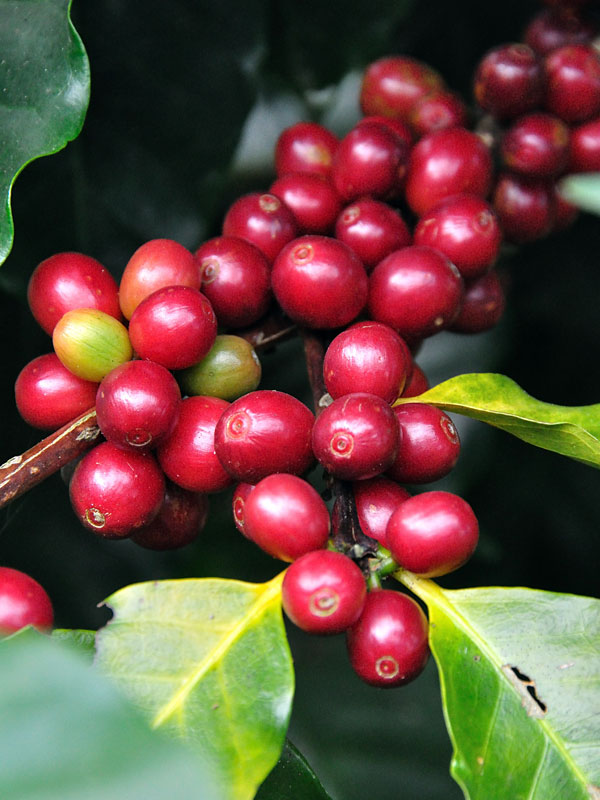
By Eric Wamanji
I am sipping hot latte on this wintry day at a Nairobi coffeeshop. The smell of freshly roasted coffee mingles with the gush of the espresso machine, chatter and clank. But the magic of every sip clarifies what I saw in Likuyani recently- a brewing coffee revolution: one seedling at a time.
Here, residents are engrossed in coffee farming displacing the less profitable maize. Call it a coffee kick of sorts. In a programme that started late last year, already 750, mostly youthful small holder farmers, have enrolled. Buoyant and optimistic. They have planted about 500 acres. The wave is surging. Though the numbers are modest compared to other regions where coffee booms, the very essence of diversification is promising fortunes.
However, this is not the first time the region has gone coffee. As former white highlands, Likuyani boasts of fertile red volcanic soils and great weather – although locals suggest a decline in rainfall, perhaps because of climate change. In the 1970s coffee was a hit in the region thanks to a frost that devastated Brazil’s crop. But like in most parts of the country, mismanagement and corruption – coffee lost its spark. Farmers uprooted the bushes for maize. But maize farming lost its grove as the once expansive lands got heavily subdivided. Poverty sunk in. But folks seem to have shrugged off the maize misery and woken up to the smell of coffee.
The beauty with this crop is that it can still be profitable even with small lots. By its nature, coffee farming is intense. Yet this is where the sweet spot is – high investment, high rewards. Cash crops are what this, and many regions of the country, need. Everything remaining constant, coffee will now thrust the region into mainstream economic architecture of the country.
Locals have grasped this exciting vision of cashflow. Thus, every seedling promises hope.
Normally, most new development programmes are stillborn. And this is because, by and large, such projects are normally inherently designed to exploit peasants. It explains the cynicism with which farmers receive ideas of ventures. Let’s bet that such fate will not befall this hardworking and trusting farmers. I also think that communication has played a critical part to this coffee uptake. The local MP, Mr. Innocent Mugabe, appears to be visionary, eloquent and media savvy. Deploying local media and holding a series of educative, participatory barazas have largely helped diffuse this innovation for adoption.
However, it is early to determine, in absolute terms, whether this is going to be a boom. But the fact that locals are onboarded, are excited, are investing their time and resources into this new crop is reasonable.
Still, work is cut out for government agencies such as the Coffee Research Institute, and Kenya Planters Cooperative Union – to provide the much need technical support that coffee farmers require. For instance, climate change is a headache. It appears rain not as abundant. That is why climate smart agriculture should be embedded in the current model. Varieties fit for the new climate order will also be much welcome.
But then, the coffee success is not in the cherries alone. The entire value chain must be carefully thought through. Sustainability is critical. In this part of the world where selling land is the main source of income, strategies to future proof production must be considered. Second, the success of crops like coffee is anchored on strong cooperatives.
Yet what I gathered, the cooperative movement is almost non-existent in Likuyani. This is a challenge. It’s impossible for peasants to operate optimally while solo. However, efforts to reengineer a new cooperative zeitgeist have been hatched. More needs to be done, like holding workshops and experiential visits to regions with strong cooperatives especially in central Kenya. The headache of marketing and bypassing cartels is the elephant in the room. Farmers will not tolerate toiling and soiling for a pittance. They will walk away.
Nonetheless, the Likuyani’s coffee revival is a masterclass of how rural communities can reinvent themselves. With strong, transparent leadership, smart farming methods, and supportive policies, who knows the next great coffee aroma might as well waft from the fields of Likuyani.
